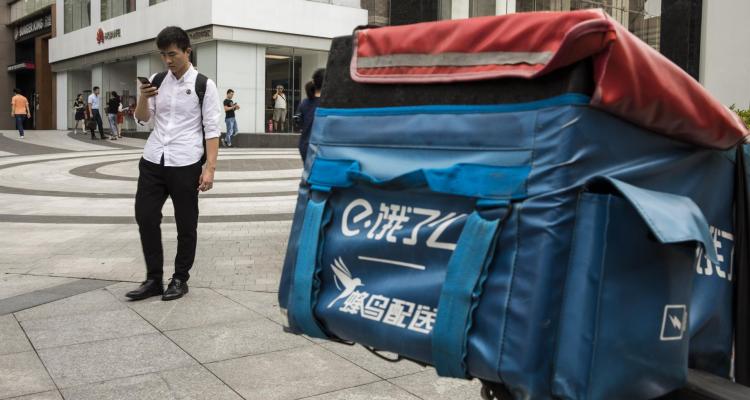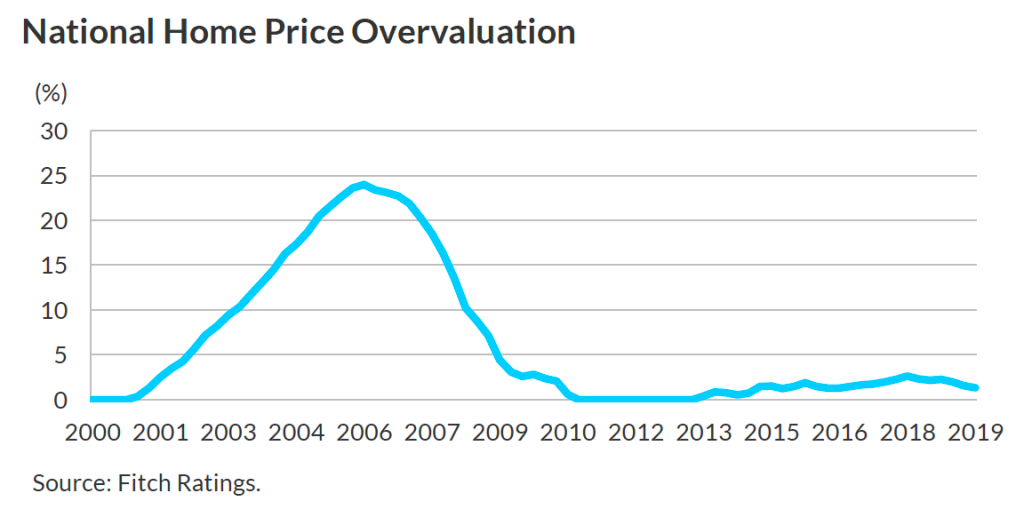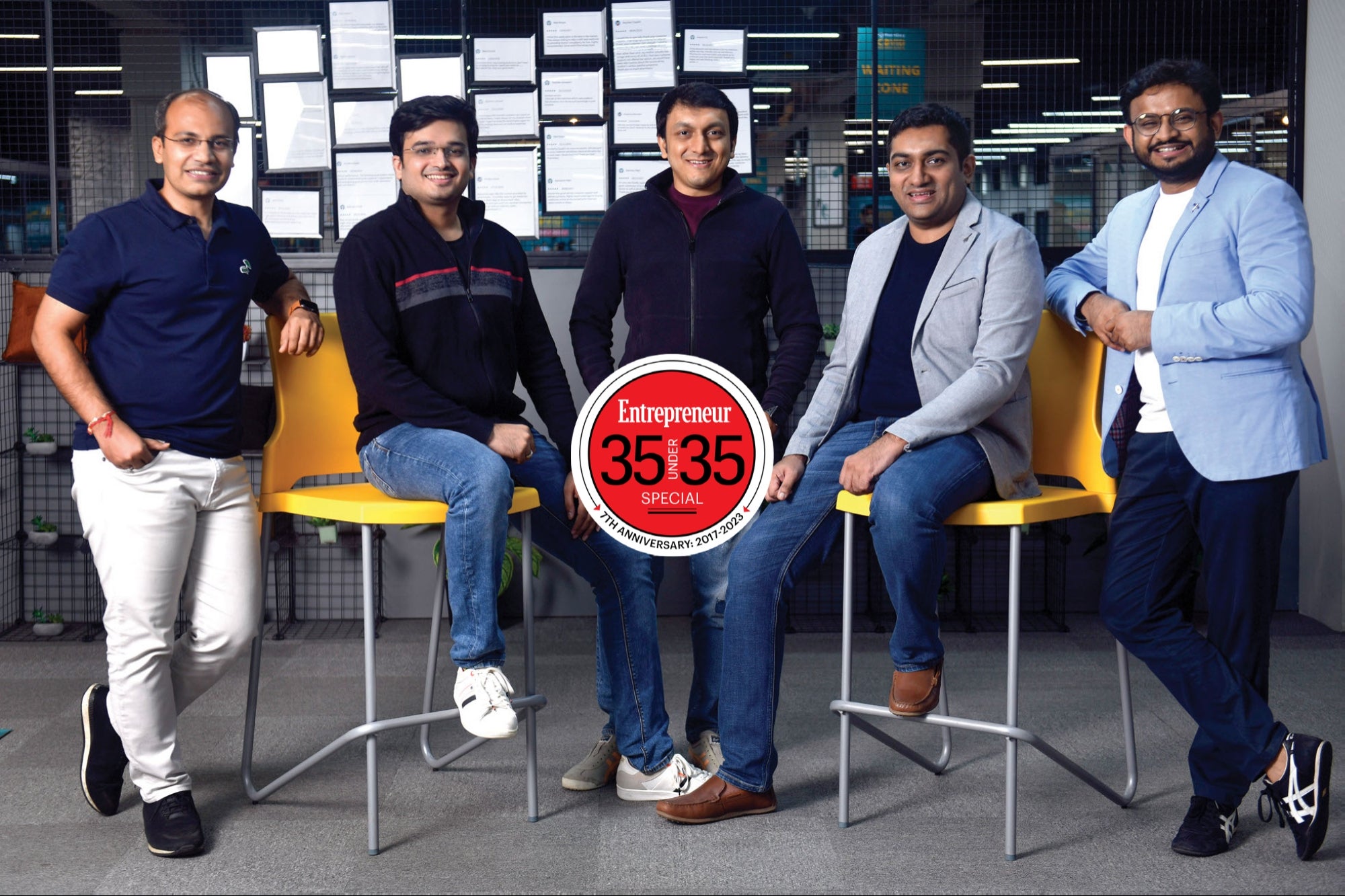Alibaba has confirmed that it has raised $3 billion for its new-look local services business after it united its Koubei local services business with Ele.me, the on-demand delivery business it recently acquired.
The company said it put the capital into the business alongside SoftBank, according to a note within its financial results that were released today. TechCrunch understands that the actual amount raised may increase as existing Koubei investors have an option to be a part of the new round, while new backers may also be added. Bloomberg previously reported the consolidation and investment.
We have established a company to hold Ele.me and Koubei as our combined flagship local services vehicle, which we plan to separately capitalize with investments from Alibaba, Ant Financial and third-party investors. As of the time of this announcement, we have received over US$3 billion in new investment commitments, including from Alibaba and SoftBank. As a result of this reorganization, subject to closing conditions, we will consolidate Koubei, which would result in a material one-off revaluation gain when the transaction closes.
Koubei, the company’s local services platform, got a $1.1 billion injection in early 2017 and is predominantly focused on enabling local commerce. Other investors besides Alibaba include Silver Lake, CDH Investments, Yunfeng Capital and Primavera Capital.
Ele.me, meanwhile, first landed an investment from Alibaba two years ago. The e-commerce giant bought it out in April in a deal that valued Ele.me at $9.5 billion. Ele.me is a key piece of Alibaba’s recent partnership with Starbucks — the on-demand service will be used to deliver coffee to Starbucks customers across China as the U.S. coffee giant seeks out new growth opportunities and competes with rival services.
The deal may be a footnote in Alibaba’s Q1 earnings report but it is representative of a new battle that’s taking place to own China’s ‘local services’ market. That is on-demand services such as groceries deliveries, takeouts, movie tickets and other commercial activities within local areas.
Meituan Dianping, a firm backed by Alibaba rival Tencent, has led the charge into local services. The company was formed from a merger deal involving China’s two largest group deals sites in 2015 and it has since raised significant capital, including a $4 billion round two years ago.
Meituan’s next act is an IPO in Hong Kong, and the ambitious firm has expanded into ride-hailing to take on Didi Chuxing, bike-sharing via a $2.7 billion acquisition of Mobike, and even Southeast Asia, where it invested in ride-hailing startup Go-Jek.
Local services — and in particular food delivery — remains its core focus. Alibaba is betting that pairing Koubei with Ele.me, throwing in a couple of billion and adding a dash of SoftBank can give it a strong rival that can compete for China’s ‘online to offline’ market. Another war is brewing.










